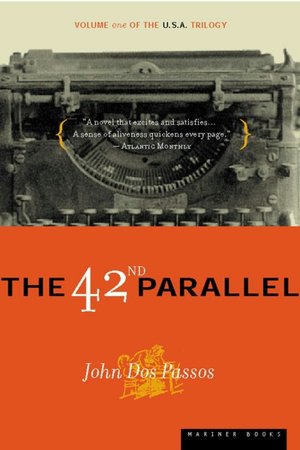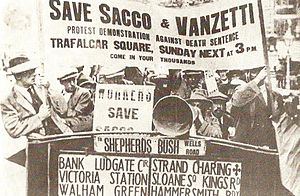'

January 1, 1984
Mary McCarthy
NYT
SOMEONE said the other day that the American novel
was, of course, not political: By comparison with the European novel,
say Zola and the Russians, our home product was primarily domestic, unconcerned
with public affairs. It was a surprise to me to learn that this strange notion
was taken for granted - a truism - by common opinion; to me it was a new idea.
At once a contrary list sprang into my mind, ''The Bostonians'' and ''The
Princess Casamassima'' lining up with Henry Adams's ''Democracy''; behind them Mary
McCarthy, the novelist and essayist, most recently published ''Ideas and
the Novel.'' marched ''Uncle Tom's Cabin'' (''did much to hasten the
American Civil War'' - Oxford Companion to English Literature) and ''The
Blithedale Romance,'' Hawthorne's satire on the Brook Farm experiment in
communal living; ahead were Dos Passos' ''U.S.A.,'' ''For Whom the Bell
Tolls,'' right up to Norman Mailer's ''Why Are We in Vietnam?'' Mary McCarthy
NYT
Indeed, Americans, I think, tend to get their political education through fiction - occasionally through poetry, though this is becoming rarer. Today a novel such as E.L. Doctorow's ''The Book of Daniel,'' currently a film, seems to have no other design than to excite a belief in the innocence of the
I can cite a case - my own - of a young person's being altered politically by a novel, but I cannot explicate the process, let alone explain it in terms of the author's intention or literary strategies. I believe there is often something accidental in these things, as with love, which gives them a feeling of fatality.
When it happened to me, at the age of 20, it was the first time. I was probably not very susceptible politically; the year I was 15 I had read an entire set of Tolstoy with no effect that I recall on my belief system. I was an atheist, a romantic, and an arch-conservative (except at elections, when I was a Democrat); none of this could have come to me from Tolstoy. The first real dent on my Cavalier- period armor was made in my senior year at Vassar in Miss Peebles's course in Contemporary Prose Fiction, where we studied ''multiplicity'' and ''stream of consciousness'' and were assigned ''The 42nd Parallel'' by Dos Passos as an example of those trends. I fell madly in love with that book - the first volume of the trilogy
that was going to be ''
 |
| JDP |
I do not remember what I thought about a figure like Big Bill Haywood, the I.W.W. leader who finished in

The last was a pamphlet on the Sacco- Vanzetti case, which I found and read in the library basement, feeling tremendously stirred by Vanzetti's famous words, brand- new, of course, to me, and by the whole story. But we were in 1933, I realized, and they had been executed in 1927. So there was nothing to be done. But I was moved to read up on the Tom Mooney case (he at least was still alive) and to become aware of The New Republic. One thing leading to another, soon after graduation, I was writing little book reviews for The New Republic, then for The Nation, and I never looked back. Like a Japanese paper flower dropped into a glass of water, it all unfolded, magically, from Dos Passos, though he would have been saddened in later years to hear what his energy, enthusiasm, and sheer unwary talent had brought about.
So what do we mean generally when we speak of political novels? Some people - Marxists - will say that all novels are political, especially those, like Jane Austen's, that avoid the subject, thus lending tacit support to the status quo. This may be true, insofar as no experience (even the solitary dialogue with the self) is without a political dimension, and to ignore this is to tell a falsehood. But awareness of that dimension varies greatly from person to person and no doubt from one civilization to another. I would guess that ours, democracy-haunted, equality- haunted, was especially sensitive to the political (i.e., the power games) in personal relationships: See ''The War Between The Tates'' or ''Portnoy's Complaint'' and compare

To be coninued
No comments:
Post a Comment